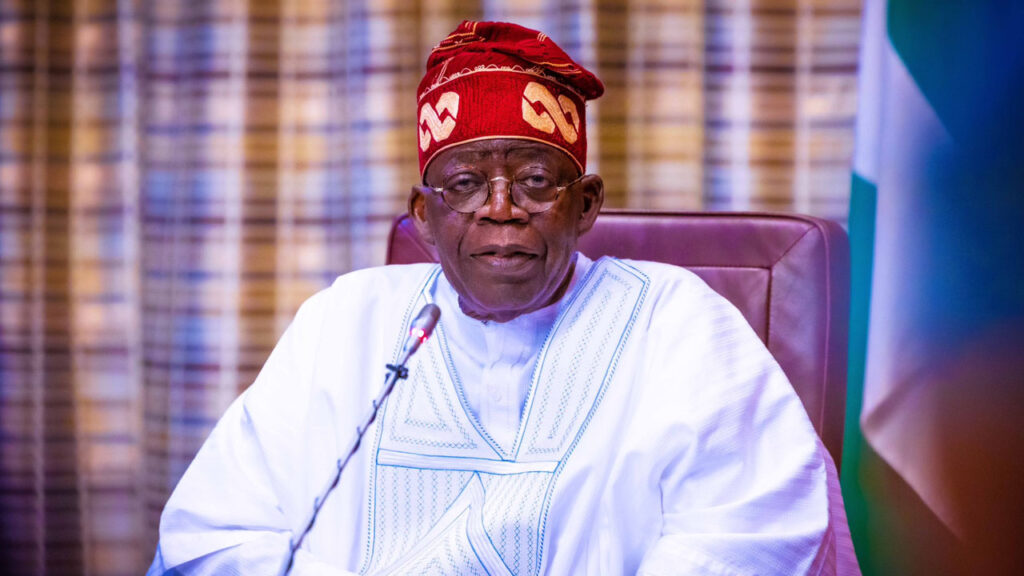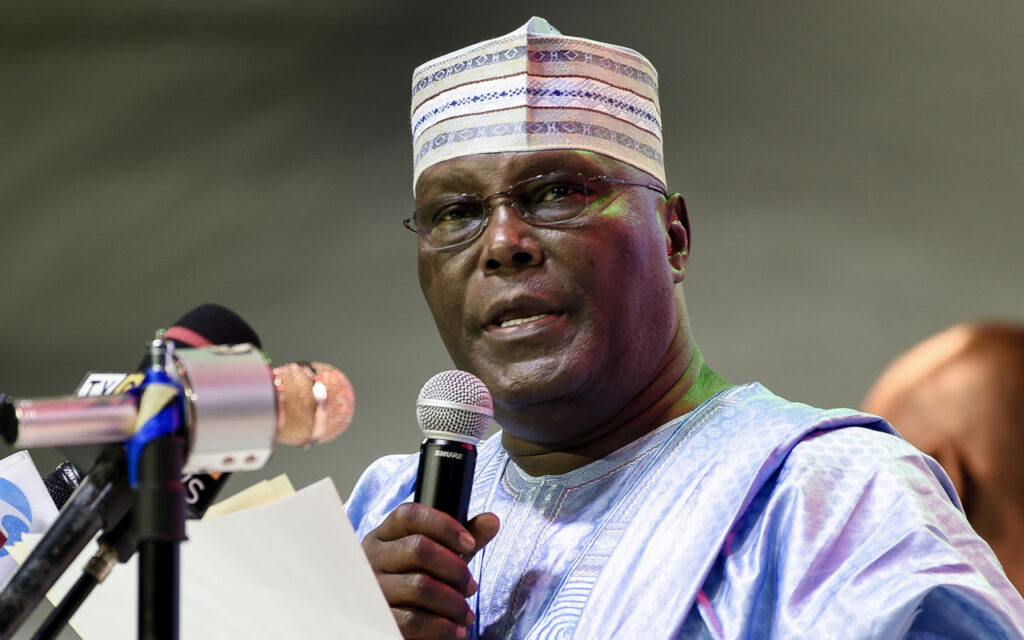
.Identify poor IGR as bane of many states
As governors across the 36 states of the federation signing the 2024 Appropriation Bill to law or the lawmakers are putting final touches to the bill for onward transmission to the governor for assent, analysts have tasked the state governments to go beyond rhetoric and ensure proper implementation of the budget.
This is even as they identified poor revenue generation and over reliance on federal allocations as the major reason many states give their yearly budgets colourful tags but achieve very little in the end.
For instance, this year, 2024, Abia State dubbed its budget as the Budget of New Beginning; Adamawa State — Budget of Re-engineering; Akwa Ibom State — Arise Budget for Growth and Expansion; Anambra State — Budget of Changing Gears; Bauchi State — Budget of Consolidation and Renewed Focus; Bayelsa State — Budget of Sustainable and Shared Prosperity; Benue State — Budget of Infrastructure, Development, Job Creation and Poverty Alleviation; Borno State — Budget of Consolidation and Progress; Cross River State — The People First Budget; Delta State — Budget of Hope and Optimism; Ebonyi State — Budget of Innovation and Progress; Edo State — Budget of Home Run and Finishing Strong; Ekiti State — Budget of Sustainable Growth and Development.
Others are Enugu State – Budget of Disruptive Economic Growth; Gombe State — Budget of Continuity and Consolidation; Imo State — Budget of Renewed Economic Growth; Jigawa State — Budget of Greater Jigawa; Kaduna State — Budget of Rural Transformation for Inclusive Development; Kano State — Budget of Restoration and Transformation; Katsina State — Building Your Future; Kebbi State — Budget of Infrastructural Development and People Empowerment; Kogi State — Budget of Consolidation and Continuity for Inclusive Growth; Kwara State — Budget of Economic Expansion and Collective Prosperity.
Also, Lagos State dubbed its 2024 budget of Budget of Renewal; Nasarawa State — Budget of Renewed Commitment; Niger State — The Budget of the Future; Ogun State — Budget of Sustained Growth and Development; Ondo State — Budget of Economic Resilience; Osun State — Budget of Reconstruction and Recovery; Oyo State — Budget of Economic Recovery; Plateau State — Budget of New Beginnings; Rivers State — Budget of Renewed Hope; Sokoto State — Budget of Hope and Resilience; Taraba State — Budget of Moving Forward; Yobe State — Budget of Consolidation and Economic Recovery and Zamfara State — Rescue Budget.
To a former Director General of the Abuja Chamber of Commerce and Industry, Mr. Chijioke Ekechukwu, the appellations are mere rhetoric, noting that the extent the different governments adhere to achieving these tags differ from state to state, just as the magnitude of importance attached to them also differ.
“Under a normal budgetary situation, the budget figures of different sectors should reflect whatever appellation given to the budget. Mid-year and year-end appraisals of the performance of the budget should also do a score card of performance. This will highlight how efficient and effective the budget has performed. Revenues and expenditure should reflect the opportunities inherent in the various states. Budgets in states should actually model the private sector by running like Strategic Business Units n(SBUs); that way, profitability and reduction of unemployment and poverty should be major in their priority,” Ekechukwu stated.
In its recent State of States Report, BudgIT harped on the need for states to increase their IGR and be prudent in their spending if they hope to see any improvement in budget implementation.
It stated that the cumulative revenue of the 36 states grew by 28.95 per cent from N5.12 trillion in 2021 to N6.6 trillion in 2022. It also noted that put together, the IGR of the 36 states appreciated by 12.98 per cent from N1.61 trillion in 2021 to N1.82 trillion in 2022, denoting a strengthened domestic revenue mobilisation capability.

It, however, remarked: “Nonetheless, the IGR to GDP ratio remained very low at 1.01 per cent. The increase in IGR did not reflect across board as 17 states experienced a decline in their IGR from the previous year while 19 states recorded positive growth. Cumulatively, states’ reliance on transfers from the Federal Government increased from 58.4 per cent in 2021 to 61.45 per cent in 2022. Taken apart, at least 70 per cent of the total revenue of 16 states comprised federal transfers, while 32 states depended on transfers from the Federal Government for at least 50 per cent of their revenue. The viability of states still depends largely on their ability to mobilise revenue internally, primarily through taxes.
“Despite the fact that 15 states are yet to implement the minimum wage of N30,000, the cumulative personnel cost of the 36 states grew by 13.44 per cent to N1.75 trillion from N1.54 trillion the previous year. In a similar fashion, overheads grew by 23.42 per cent to N1.24 trillion in 2022. The total debt of the 36 states, put together, increased by 13.89 per cent from N6.37 trillion in 2021 to N7.25 trillion in 2022.
“For instance, in 2022, Benue State budget was dubbed Budget of Economic Advancement and Growth, but at the end of the year, although its expenditure grew by 28.42 per cent from N89.57 billion in 2021 to N115.02 billion in 2022, the overhead expense was responsible for the largest chunk of that increase.
“In 2022, Benue increased its overhead cost year-on-year by N13 billion (44.55 per cent) to N42.18 billion —the largest in the Northern region and sixth largest among the 36 states. Similarly, the state recorded an 8.12 per cent growth in its personnel cost from N34.56 billion in 2021 to N37.37 billion in 2022. Worrisomely, in 2022, Benue’s operating expense was more than six times its capital expenditure—the worst recurrent expenditure to capital expenditure among the 36 states,” BudgIT stated.
“Similarly, Kano State 2022 budget was christened Budget for Consolidation and Prosperity, but in the same year, the state could only managed a negligible increase of 0.21 per cent in its IGR from N42.42 billion in 2017 to N42.51 billion in 2022, with Pay As You Earn (PAYE) continuously constitutes at least 80 per cent of its tax revenue.
“Surprisingly, when Imo State presented its 2022 budget, it was named Budget of Wealth Consolidation and Recovery, but in its fourth quarter budget performance report, the same budget was christened Budget of Wealth Creation Two alias the People’s Budget.”
Speaking further about the Imo State budget, BudgIT noted: “One of the prominent issues confronting Imo State is its overreliance on federal allocations for revenue. In 2022, the state’s IGR decreased by 18.41 per cent from N20.48 billion in 2021 to N16.71 billion in 2022. It depended on federal allocations of N88.25 billion, which contributed a substantial 84.08 per cent to the state’s total revenue. Imo State’s fiscal challenges are further underscored by its expenditure priorities. The state maintains a spending priority that predominantly favours recurrent expenditure, with a substantial portion (56.9 per cent of expenses- N114.13 billion in nominal terms) directed towards operational expenses.
It is, however, notable that despite having the lower priority of 43.08 per cent, Imo State’s capex experienced a tremendous growth of 116.0 per cent, moving from N39.98 billion in 2021 to N86.38 billion in 2022. Its capex per capita also grew from N6,299 in 2021 to N13.181 in 2022, enhancing the state’s capacity to embark on critical infrastructure projects and development initiatives that could spur economic growth. It is, however, still evident that Imo State needs to take intentional revenue generation measures to improve its ability to meet its obligatory payments and fund its capital projects without resorting to annual borrowings.”
Some weeks back, it was the same scenario during budget presentation to the assemblies by the governors. That is even more colourful than the budget signing itself. The budget presentation to the lawmakers is usually a carnival like event. And since the return to democracy, governors usually christen their yearly budgets.












